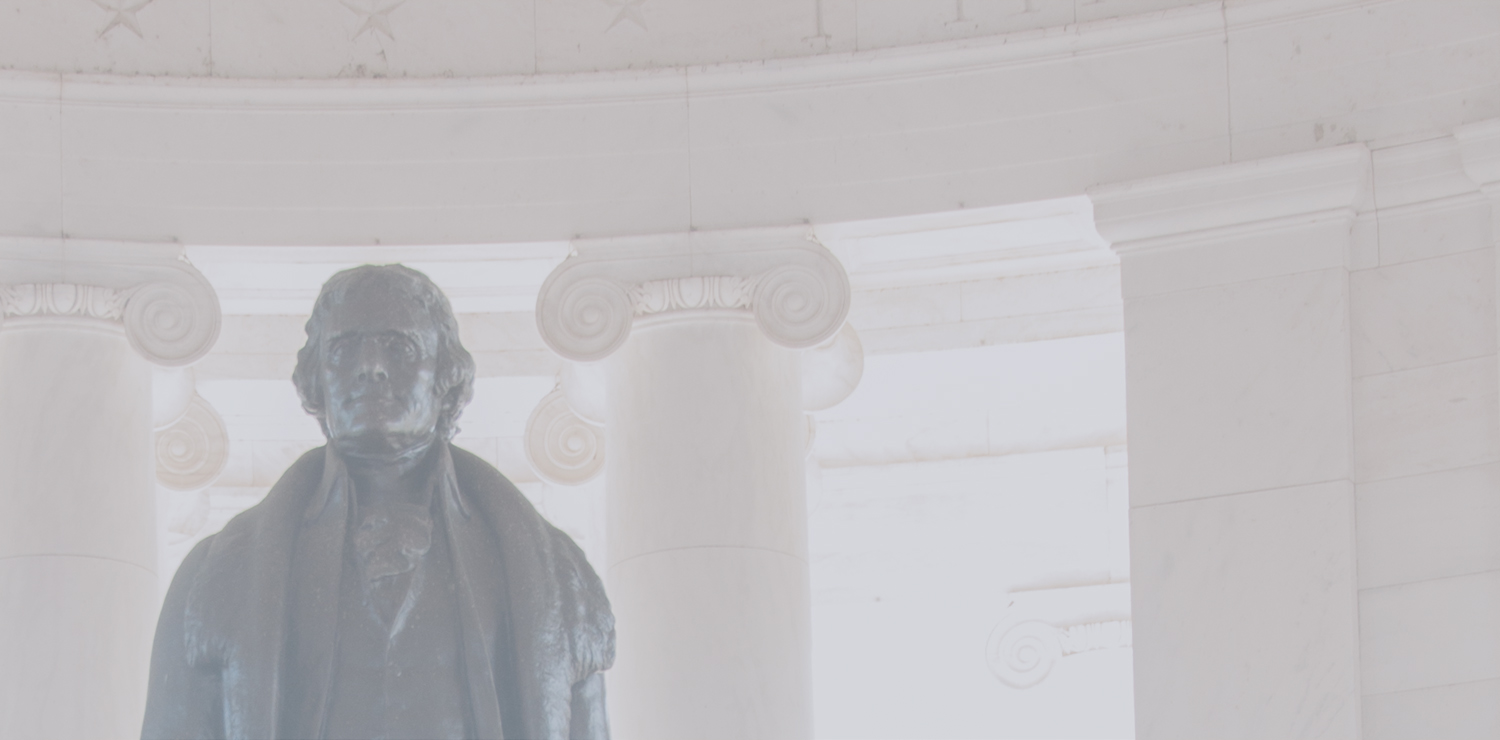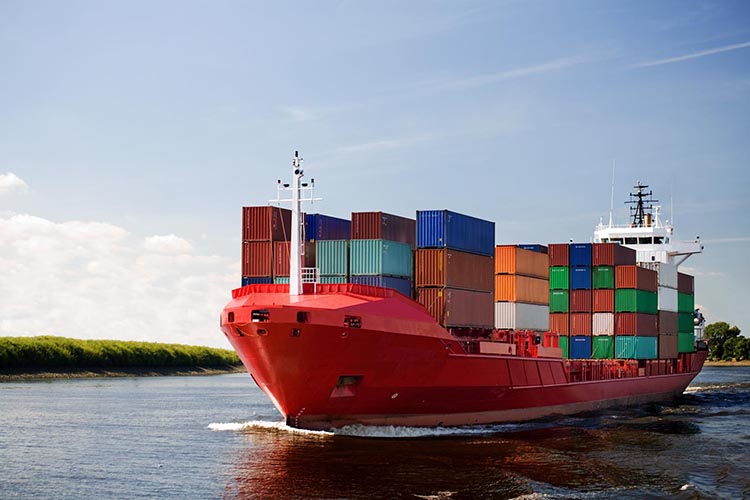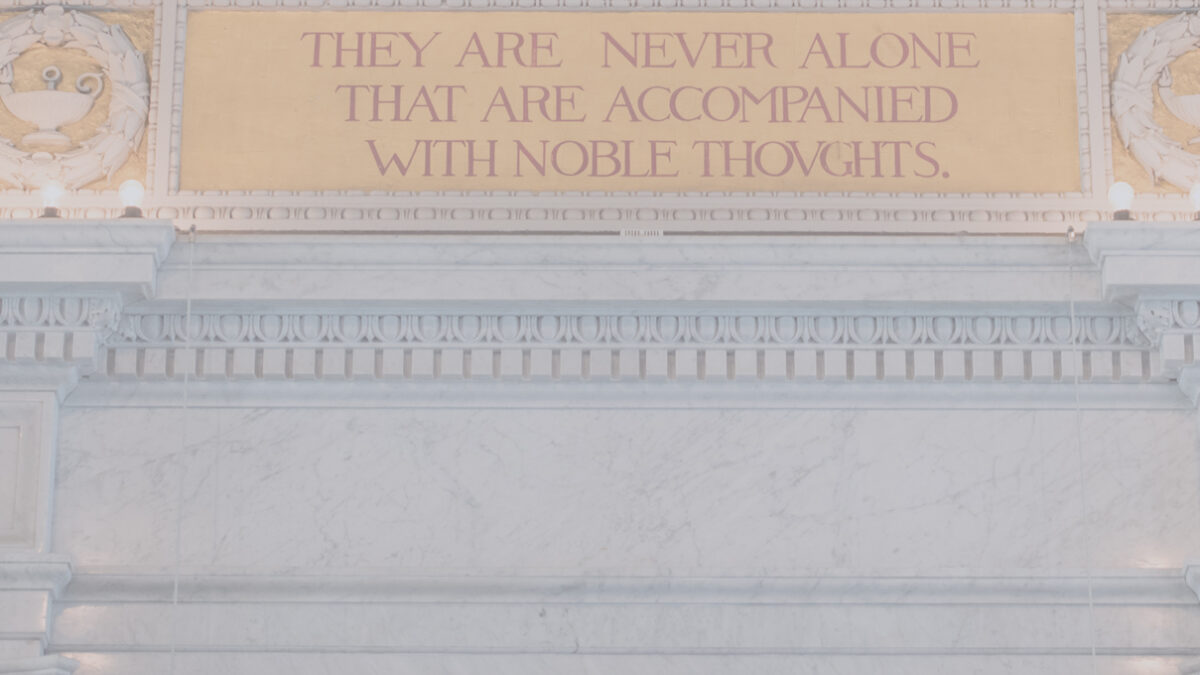
FTZ’ine November 2020
November 5, 2020
FTZ’ine January 2021
January 2, 2021A Late Start
A late start to the transition to a new administration in Washington has left the town abuzz wondering who will fill the top posts affecting trade. This includes intrigue about who is in the running to be the next Secretary of Commerce and the United States Trade Representative. Palace gossip in “The Crown” has nothing on a good Washington DC Presidential transition.
You may have seen that FTZ user Pfizer is airlifting the first batches of COVID-19 vaccine to the United States to prepare for rollout. No vaccines have been approved for use in the United States however, so it is still illegal to import those drugs into the country. The vaccine can, however, be brought into and stored in an FTZ, a cold one, while the various vaccines await FDA approval to import and distribute them. The foreign-trade zones program is thereby playing a critical role right now so that those vaccines can be staged around the country and deployed to vaccination sites the instant approval is granted.

Top Story: FTZ Users Still Waiting For Trade Picks From New Administration
A Secret Worth Sharing
Have you heard? ISCM is giving a free webinar on FTZs: Trade’s Best Kept Secret! Want to share how importers and exporters are finding new ways FTZ status can add value in an environment of trade sanctions and supply chain disruption?
Grantees: Encourage your email distribution lists to register for this program from the National Association of Foreign-Trade Zones.
The webinar is live this Thursday, Dec 3, 2020 at 2:00 PM Eastern, and there is still time to sign up. Not a fit for your schedule? All who register will have access to the recording for on-demand viewing.
Participants will learn how operating an FTZ helps buffer companies against fast changes in supply, demand, trade policy, and tariffs:
- Determine the potential financial benefits for your company
- Define what makes the program exceptionally relevant in an era of trade and supply chain disruption
- Explore why the program is a must for certain industries
- Learn how to get the Federal approval process started
- Understand where to learn more about the FTZ program if the benefits look attractive to you
If you have questions about this free webinar or about marketing your FTZ program, send them to us at Info@iscm.co.


From Brexit to Brinksmanship
Digital Tax Notices Provoke Bipartisan Calls For Retaliation


Massive China FTA Rekindles TPP Talk, Concerning Foreign-Trade Zones
US-Taiwan Trade Deal Isn’t Mending Any Fences With China


FTZ Board Activity
- Sager Electronics received approval to operate its Carrollton, Texasfor facility as Subzone 29I. MORE
- Catalent Pharma Solutions received authorization of production activity for pharmaceutical products within FTZ 49 in Somerset, New Jersey. MORE
- Lam Research Corporation submitted an application for the expansion of Subzone 18F in Fremont, California. MORE
- Ricoh Electronics, Inc. received authorization of production activity for additional components of toner products, thermal paper and film within FTZ 26 in Lawrenceville and Buford, Georgia. MORE
- Deepwater Riser Services submitted a notification of proposed production activity for offshore drilling riser systems and equipment within FTZ 279 in Houma, Louisiana. MORE
- Ricoh Electronics, Inc. submitted a notification of proposed production activity for additional components of toner products, thermal paper, and thermal film within FTZ 26 in Lawrenceville and Buford, Georgia. MORE
- Eastern Shipbuilding Group, Inc. received approval for the expansion of subzone 65A in Panama City and Port St. Joe, Florida. MORE
- MANE USA submitted an application for subzone status for its facility within FTZ 44 in Wayne and Parsippany, New Jersey. MORE
- Gulfstream Aerospace Corporation submitted a notification of proposed production activity for additional components from disassembly of aircraft within FTZ 168 in Dallas, Texas. MORE
- Miraclon Corporation submitted a notification of proposed production activity for flexographic/aluminum printing plates and direct imaging/thermo lmaging layer film within FTZ 106 in Weatherford, Oklahoma. MORE
- Childers Guns, LLC received approval to operate its Fairmont, West Virginia facility as Subzone 229D. MORE
- Port Arthur LNG, LLC submitted an application for subzone status for its facility within FTZ 116 in Port Arthur and Jefferson County, Texas. MORE
- The Arizona Regional Economic Development Foundation has withdrawn its application to expand the service area of Foreign-Trade Zone 139 in Sierra Vista, Arizona. MORE
- Zinus USA Inc. submitted a notification of proposed production activity for foam bedding within FTZ 26 in McDonough, Georgia. MORE
- Lake Charles LNG Export Company, LLC received approval to operate its Lake Charles, Louisiana facility as Subzone 87H. MORE
- Automated Data Processing Machines received authorization of production activity for automated data processing machines within FTZ 183 in Austin, Texas. MORE
A Late Start
– A late start to the transition to a new administration in Washington has left the town abuzz wondering who will fill the top posts affecting trade. This includes intrigue about who is in the running to be the next Secretary of Commerce and the United States Trade Representative. Palace gossip in “The Crown” has nothing on a good Washington DC Presidential transition.
You may have seen that FTZ user Pfizer is airlifting the first batches of COVID-19 vaccine to the United States to prepare for rollout. No vaccines have been approved for use in the United States however, so it is still illegal to import those drugs into the country. The vaccine can, however, be brought into and stored in an FTZ, a cold one, while the various vaccines await FDA approval to import and distribute them. The foreign-trade zones program is thereby playing a critical role right now so that those vaccines can be staged around the country and deployed to vaccination sites the instant approval is granted.

